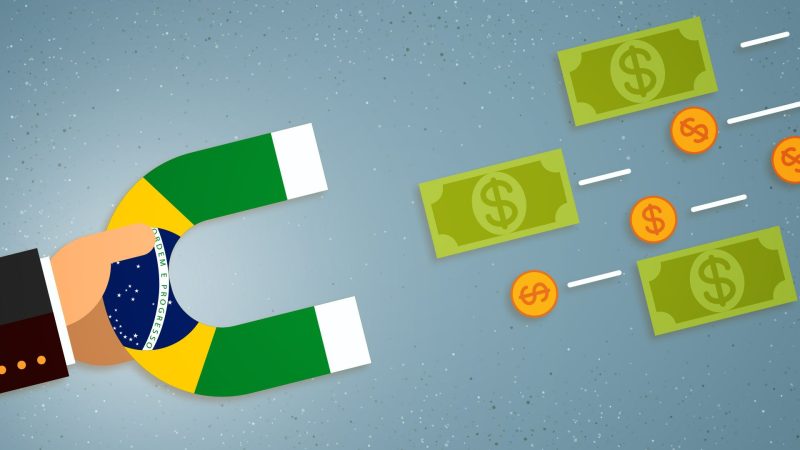Brazilian newspaper Folha de S. Paulo published an article comparing the taxation of sports betting winnings (set at 15%) with that levied on the sale of cigarettes, alcoholic beverages, and lotteries such as the Mega Sena. In all cases, betting’s tax is lower.
The tax on cigarettes and beverages is 80%. According to the report, the high rate is due to the tax on industrialized products (IPI). When the tax reform comes into force, the IPI will be replaced by the selective tax (IS), which is levied on goods that are harmful to health and the environment.
“The approach is different. While the government uses, or tries to use, the IPI as an inhibitor of the consumption of certain products, the idea of taxing gambling, both for them [companies] and for the players, is to take advantage of the growth of this market,” said Fabio Lunardini, a tax expert at Peixoto & Cury Advogados, in an interview with Folha de S. Paulo.
Mega Sena winnings, on the other hand, are taxed at 30%, a rate withheld directly at the source. This difference between lottery and betting taxation may raise doubts, according to a specialist interviewed by the newspaper.
“A first prejudice was to equate it to the lottery, but throughout the debates, there was a parliamentary consensus to approve this reduction. It is a point that perhaps some sectors of society may question because half the rate that applies to other lottery prizes is applied here,” explained Victor Schmidt, a partner in the tax area of Costa Tavares Paes Advogados.
The article compares the 15% rate provided for in the legislation with what is charged in the United States (24% federal tax only), Germany (5% tax), and the United Kingdom (exemption for individuals).
It should be noted that sports betting companies operating in Brazil must pay a 12% tax calculated on Gross Gaming Revenues (GGR), as well as a subsidy of BRL 30 million ($6,132,540) for five years and an inspection fee that can reach BRL 1.94 million ($396,571). There are also other taxes, such as ISS and PIS.
At the end of 2023, President Lula signed Law 14.790/2023, which regulates the sports betting sector. However, he vetoed the tax exemption for bettors winning prizes up to BRL 2,112 ($431). In February, Congress returns from recess and will have 30 days to decide whether to uphold or override the veto.



